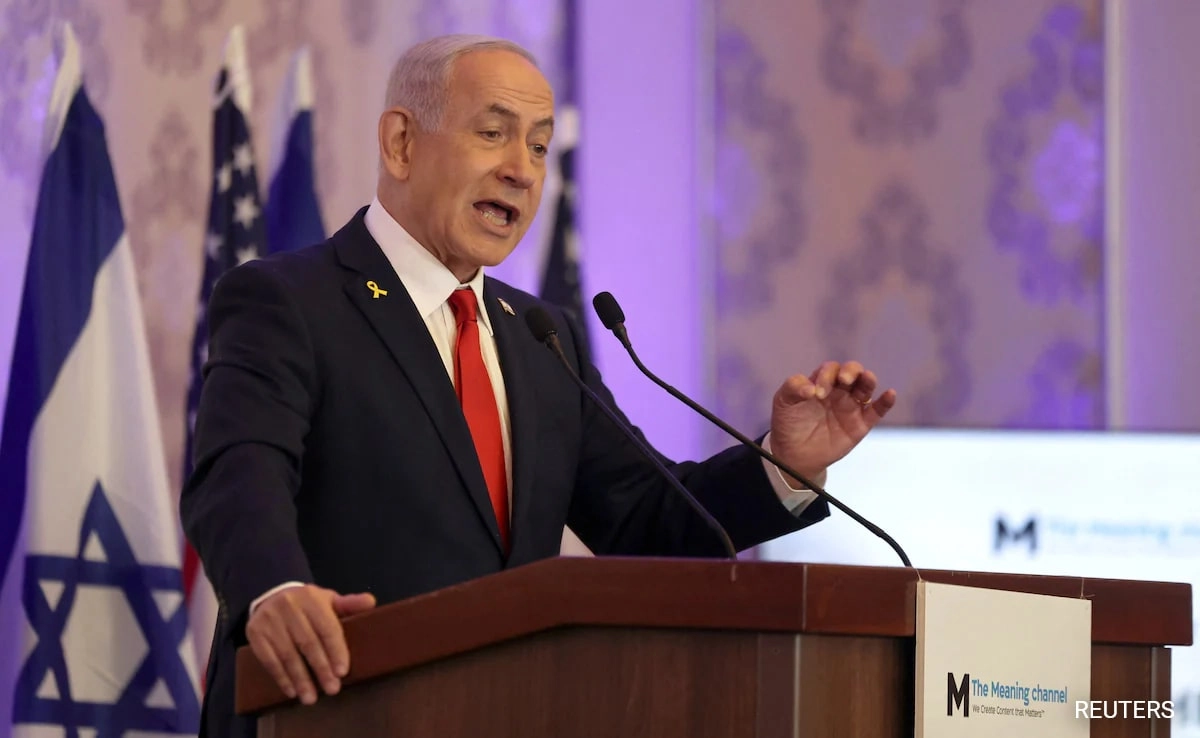In a recent statement that has ignited widespread outrage across the Arab world, Israeli Prime Minister Benjamin Netanyahu made comments that many perceive as an endorsement of a ‘Greater Israel’ agenda. This concept, which envisions the expansion of Israeli territory to encompass areas currently recognized as part of Palestine, has long been a contentious issue in the region. Netanyahu’s remarks have been interpreted as not only a reaffirmation of his government’s longstanding position on territorial expansion but also as a direct challenge to the peace process and the rights of the Palestinian people.
Reaction from Arab leaders and the broader community has been swift and severe. Many have condemned Netanyahu’s rhetoric as inflammatory, arguing that it undermines efforts for a peaceful resolution to the Israeli-Palestinian conflict. The notion of a ‘Greater Israel’ evokes historical grievances and fears among Palestinians and their supporters, who see it as a denial of their right to self-determination and sovereignty. Arab nations, which have historically supported the Palestinian cause, view these statements as a significant setback to any diplomatic progress and a potential catalyst for further unrest in the region.
Furthermore, commentators have pointed out that such remarks from a leader like Netanyahu, who has faced criticism for his hardline policies, could exacerbate tensions not only between Israelis and Palestinians but also among Arab nations. The prospect of an expanded Israel raises alarms about the future of Palestinian territories and the viability of a two-state solution, which has been a cornerstone of international diplomatic efforts for decades. Many are calling for a unified Arab response to counteract these assertions and to reaffirm support for Palestinian rights.
As discussions continue, it is clear that Netanyahu’s comments have resonated deeply within the Arab world, bringing to the forefront the ongoing struggles faced by Palestinians. The situation remains delicate, with potential implications for regional stability and international relations. The Arab world’s condemnation highlights the urgency for renewed dialogue and a commitment to addressing the underlying issues that fuel this long-standing conflict. Only through constructive engagement and respect for existing agreements can a pathway to peace be envisioned, one that honors the aspirations and rights of both Israelis and Palestinians alike.




